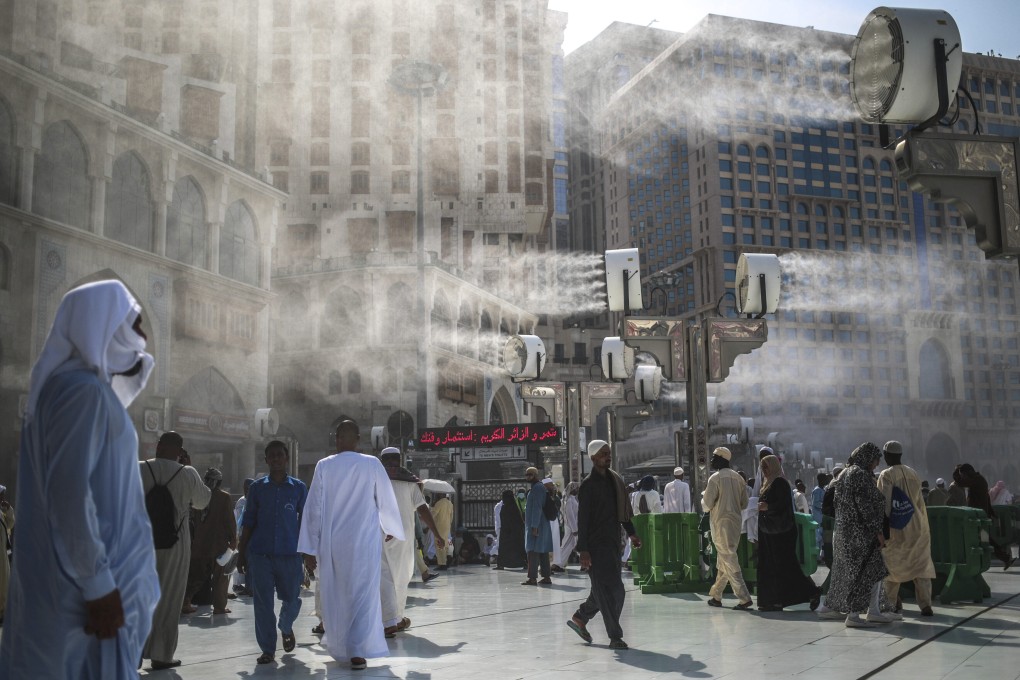COP26 Climate Change Conference: is Saudi Arabia’s net zero pledge a breakthrough, or just a mirage?
- A kingdom built on oil, whose emissions are three times the global average, has made one of the most eye-catching pledges of the summit, matching the 2060 commitments of China and Russia
- Can it deliver? Sceptics say Riyadh’s promise relies on untested carbon capture technology and a ‘major caveat’ regarding its exports. And yet, in a land with no shortage of sunshine, there remains a ray of hope for renewables

About 42 per cent of the Gulf state’s GDP is linked to oil and gas, according to a research centre linked to the authorities (the King Abdullah Petroleum Studies and Research Centre), while petroleum accounts for more than two-thirds of its exports.
If a petrostate with annual per capita carbon emissions of about 15 tonnes of CO2 per year, more than three times the global average, can transition to renewables, surely any nation can.
But whether it can in fact meet its eye-catching commitments is another matter – one that has prompted scepticism. While some progress undoubtedly has been made, experts say that hitting its target will still require a sea change for the kingdom, where some estimates foresee carbon emissions rising 45 per cent over the next 10 years.